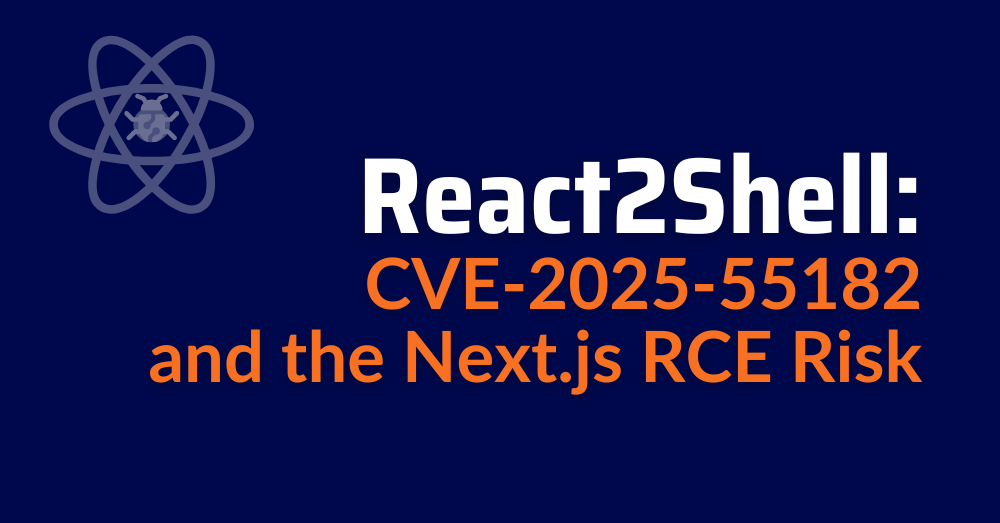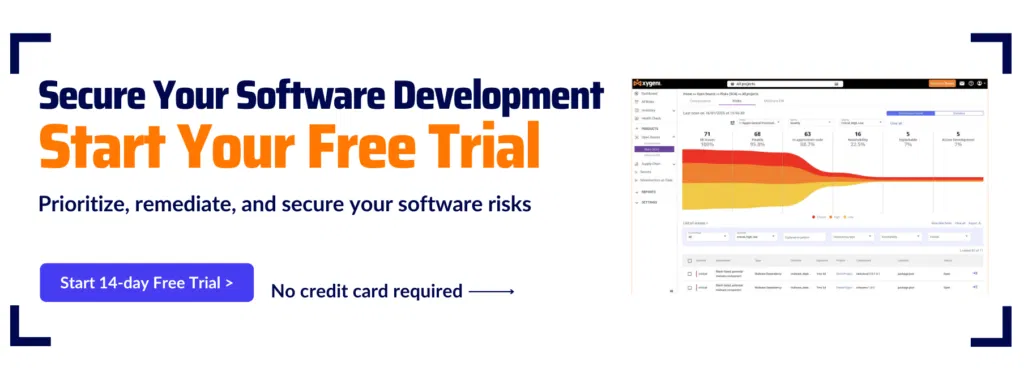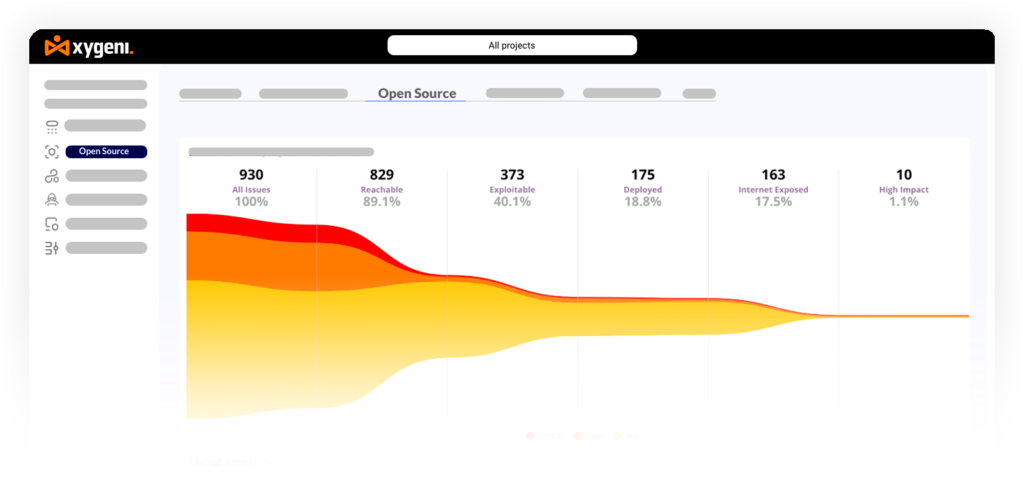What is Software Supply Chain Security – A Brief Introduction
To understand what is software supply chain security, it’s crucial to see how it protects software from development to deployment. As threats grow, software supply chain security automation helps detect vulnerabilities early. Without it, misconfigurations, malware, and compliance failures can put businesses at risk. This is why software supply chain security companies are essential.
They provide tools to secure each stage of software development. By automating security policies, tracking open-source dependencies, and enforcing compliance, they prevent risks before they escalate.
Additionally, software supply chain security automation improves CI/CD pipeline security. It ensures continuous monitoring while reducing manual effort. As a result, DevSecOps teams can focus on innovation without sacrificing security.
Next, explore how automation strengthens security and why expert security companies are crucial for DevSecOps teams.
Why Software Supply Chain Security Automation Matters Now More Than Ever
Software supply chain attacks are rising fast, making automation essential, not optional. In 2024 alone, security researchers found over 778,500 malicious open-source packages, a 156% increase from the previous year. At the same time, 15% of data breaches were traced back to vulnerabilities in third-party software development. These numbers highlight why securing the software supply chain is critical.
To stay ahead, teams need automated security that catches risks early, enforces compliance, and integrates seamlessly into development workflows. Leading software supply chain security companies provide solutions that embed security into CI/CD pipelines without slowing down releases.
With automated Software Bill of Materials (SBOM) tracking and SLSA build attestations, organizations can continuously monitor software components, detect threats in real-time, and prevent security gaps before they become breaches.
As attacks get more sophisticated, manual security checks just won’t cut it. Automating software supply chain security helps DevOps teams reduce risk, streamline security, and build with confidence—without adding friction to development.
+ Pro Tip
Key Measures in Software Supply Chain Security Automation
Automating software supply chain security improves integrity, reliability, and risk management across the development lifecycle. Here are some essential security measures every organization should implement:
Early Vulnerability & Malware Detection
Automated scanning identifies vulnerabilities and malware in software dependencies before they become major security risks. By integrating security checks early in the CI/CD pipeline, teams can detect threats in real time, reducing the chances of deploying compromised software.
Automated Security Patch Management
Keeping software dependencies up to date is critical. Automated systems continuously track, assess, and apply security patches, ensuring that vulnerabilities are addressed before attackers can exploit them. This also helps maintain compliance with licensing requirements and security policies.
Software Composition Analysis (SCA) & SBOM Management
Generating and analyzing a Software Bill of Materials (SBOM) provides full visibility into all software components and dependencies. To further strengthen security, automated software composition analysis (SCA) tools continuously verify the security and compliance status of every element. As a result, teams can detect vulnerabilities early, mitigate risks, and prevent supply chain attacks before they escalate.
Moreover, by implementing these automated security measures, DevSecOps teams can significantly reduce blind spots, enforce security best practices, and enhance overall software integrity. Most importantly, this happens without disrupting workflows or slowing down innovation, allowing organizations to scale securely while maintaining development speed.
How Software Supply Chain Security Automation Strengthens CI/CD Pipelines
As development speeds up, it becomes even more important to secure the software supply chain. Without proper safeguards, vulnerabilities, misconfigurations, and supply chain attacks can compromise software integrity. This is where Software Supply Chain Security Automation (SSCS) plays a crucial role—it helps protect CI/CD pipelines by detecting risks early and enforcing security policies. Otherwise, security gaps could lead to compliance failures and production risks, creating costly setbacks. For this reason, businesses turn to software supply chain security companies to integrate security at every stage—making sure protection without disrupting development.
Integrating Security into Every Stage of CI/CD
For automation to be truly effective, it must cover every phase of the CI/CD pipeline. By embedding security early, teams can reduce risks while maintaining speed and efficiency:
- Pre-Commit Security Checks: First, automating security at the developer level blocks vulnerabilities before they enter the repository. Pre-commit hooks ensure only secure, compliant code moves forward.
- Continuous Integration (CI) Security: Next, embedding Software Supply Chain Security Automation (SSCS) tools in the CI pipeline enables real-time vulnerability detection. Automated container image scanning and dependency analysis catch risks early.
- Continuous Delivery (CD) Enforcement: Before deployment, security policies must be verified. SSCS ensures only secure, verified code reaches production, significantly lowering the risk of supply chain attacks.
Ensuring Compliance with Security Automation
For Software Supply Chain Security Automation to work effectively, organizations must enforce strict security policies. Without clear policies, security gaps can weaken defenses.
- Defining Security Policies: A clear security framework sets the foundation for automation, making sure standardized security practices across the development process.
- Automated Policy Compliance: By using solutions from top software supply chain security companies, teams can automate compliance checks, ensuring consistent security enforcement without manual effort.
Attestation and End-to-End Security: Verifying Every Software Artifact
Security doesn’t stop at compliance. SSCS guarantees every artifact is verified and protected throughout development and deployment.
- Secure and Verified Builds: Automated build attestation confirms that each software component is authentic and tamper-proof. With SLSA attestations, teams achieve full traceability.
- Continuous Threat Monitoring: Additionally, SSCS tools monitor dependencies and detect unusual activity. This prevents threats before they reach production.
How Does Software Supply Chain Security Automation Integrate with DevSecOps Practices?
To begin with, software supply chain security automation seamlessly integrates with DevSecOps by embedding security checks directly into the development pipeline. By automating critical tasks—such as dependency scanning, vulnerability management, and license compliance—organizations can ensure security remains a priority without disrupting development cycles.
Furthermore, leading software supply chain security companies provide automated tools to enforce policies, detect threats, and deliver real-time alerts. As a result, security teams can proactively address vulnerabilities before they escalate. In addition, automated security solutions help businesses stay compliant, reduce manual effort, and strengthen software integrity throughout the development lifecycle.
For those wondering, “What is software supply chain security automation?”, it is the foundation for protecting critical assets while keeping pace with agile development demands. By integrating security at every stage, organizations can strike the perfect balance between speed, innovation, and security—without slowing down development.
Choosing the Right Software Supply Chain Security Company
Finding the best software supply chain security company is crucial for protecting CI/CD pipelines and DevOps workflows from evolving threats. As cyberattacks grow more sophisticated, cybercriminals increasingly target software dependencies, misconfigurations, and third-party components. For this reason, software supply chain security automation is no longer a luxury—it is a necessity.
To stay ahead, businesses must adopt automated, proactive solutions that secure software development and deployment without slowing down teams. By integrating security into every stage of the software lifecycle, organizations can detect vulnerabilities early, enforce compliance, and protect against supply chain attacks. Moreover, selecting a trusted security partner ensures continuous monitoring, seamless CI/CD integration, and effective risk mitigation.
Why Xygeni Leads in Software Supply Chain Security
Xygeni offers an end-to-end security solution designed for modern DevSecOps environments. Unlike traditional tools, Xygeni doesn’t just detect vulnerabilities—it prevents them by embedding continuous security automation into the software supply chain.
1. Automated Risk Detection & Compliance
Xygeni strengthens software supply chain security automation by:
- Scanning CI/CD pipelines for misconfigurations, insecure dependencies, and unauthorized changes.
- Blocking supply chain attacks before they impact production environments.
- Ensuring compliance with industry standards like CIS, NIST, and DORA, reducing manual security efforts.
2. Real-Time Security for DevOps & CI/CD
Unlike other software supply chain security companies, Xygeni provides real-time visibility across every development stage:
- Automated container image scanning detects vulnerabilities before deployment.
- Threat intelligence integration continuously monitors for malware, ransomware, and other risks.
- Live security policy enforcement ensures that only verified, secure artifacts make it to production.
3. Custom Security Built for Your Business
Every development pipeline is different, and Xygeni adapts to your specific needs:
- Custom security rules allow organizations to define strict access controls and risk thresholds.
- End-to-end traceability ensures full visibility over software artifacts, dependencies, and build processes.
- Seamless CI/CD integration enables security checks without disrupting developer productivity.
Conclusion: Strengthening Software Supply Chain Security Automation
As we have seen, software supply chain security automation (SSCS) is no longer optional—it is essential. In today’s fast-changing threat landscape, organizations must secure every stage of software development to protect applications, data, and customers from supply chain attacks and compliance failures. For this reason, understanding what is software supply chain security and implementing SSCS solutions ensures continuous monitoring, vulnerability detection, and policy enforcement within CI/CD pipelines.
Furthermore, by using automation, businesses can reduce risks, improve security processes, and speed up secure software delivery. More importantly, top software supply chain security companies, like Xygeni, provide advanced solutions that enhance security compliance, artifact integrity, and threat prevention—without slowing down development.
With this in mind, now is the perfect time to take control of your software supply chain security. Don’t wait until vulnerabilities impact your software. Start your free trial with Xygeni today and experience automated security, real-time risk detection, and seamless DevSecOps integration.









